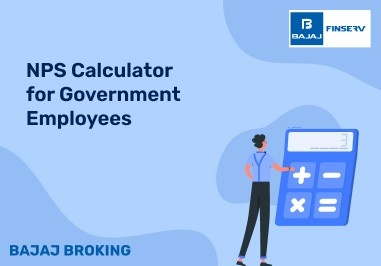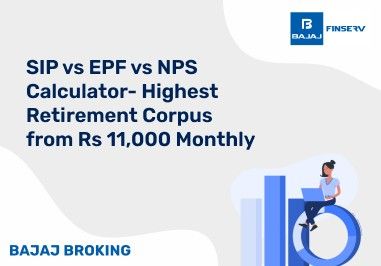When discussing financial instruments, “maturity” refers to the point at which a payment is expected to be made. Continue reading to learn more about the date when a bond will mature.
What is the Maturity Date?
The maturity date is when the principal amount of an investment, such as a bond, note, or another financial instrument, becomes due and is returned to the investor. This date is referred to as the corporate bond maturity date. A date of this kind of maturation is normally written on the certificate of the investment instrument in question, and it is decided upon when it is issued.
When a bond reaches its maturity date, the principal investment that the investor made is returned to them. Still, the interest payments given regularly during the bond’s duration are no longer received. Investors are not subject to any penalties if they decide to withdraw both their initial investment and any interest that has accrued on it. When referring to the day when a loan must be paid back on its whole, the bond maturity date may be referred to more simply as the termination date.
The amount of time a security or investment instrument has before it expires is indicated by its bond maturity date in India. It gives the investors information on when they may expect to get the main money back that they invested.
For illustration purposes, a mortgage with a term of thirty years has a maturity date that is thirty decades after the day on which it was issued, while a bond with a term of two years has a bond maturity date that is twenty-four months after the date on which it was originally issued.
The bond maturity date in India also serves as a guide for determining the period during which the investors will be paid interest. It is important to note, however, that some debt instruments, such as fixed-income securities (an investment vehicle that delivers a return in the form of regular monthly interest payments), may have the ability to be “called.”
In this scenario, the creditor who issued the loan can repay the principal whenever they want. Before purchasing any fixed-income instruments, investors should do enough research to determine whether or not the bonds being considered for purchase are callable. When referring to financial instruments such as derivatives contracts, futures contracts, or options contracts, the terms “maturity date” and “contract expiry date” are synonymous.
Classifications of Maturity Periods
Bonds and other securities are divided into three basic groups based on bond maturity dates. A bond having a maturity date of one to three years from now is considered a short-term bond. Bonds having a maturity of four to ten years are often referred to as medium or intermediate-term bonds, whereas bonds with a maturity of more than ten years are called long-term bonds.
A 30-year Treasury bond is a typical example of a lengthy financial product. There will be interest payments for the whole 30 years from when the bond is issued, on average, every six months.
While searching for fixed-income instruments, investors may choose from three categories: short-term, intermediate, and long-term. What they’re willing to risk, how long they can commit, and what they want to achieve all play a role in determining the kind of investment they make.
Short-term bonds are characterized by their low risk and poor return. Those with a low tolerance for risk and a need for stability in their portfolios tend to choose these. This indicates that the buyer values safety and low risk more than the larger yields of intermediate and long-term bonds.
Long-term bonds, on the other hand, provide bigger rewards but also carry a higher level of risk. The price of a long-term bond is affected by changes in interest rates over a longer period since the investor’s money is locked up for a longer period. Those prepared to take on more risk in exchange for a larger return would be willing to invest their money over longer periods. However, long-term bonds tend to be more unstable relative to shorter maturities. This indicates that investors expecting a return on their money within three years should go elsewhere.
The whole financial sector relies heavily on this specific categorisation system. It’s attractive to cautious investors since the principal repayment schedule is clearly laid out.
Key Differences Between Maturity Date and Coupon Date
Now that you are familiar with the fundamentals of the maturity date, let’s examine the primary distinctions between maturity date and coupon date.
The day when the bond issuer is required to return the bond amount to the bondholder is referred to as the bond’s maturity date. The corporate bond maturity date is the same as the day the bond is matured and due for payment.
The day the bond issuer is required to make an interest payment to the bondholder is called the “coupon date.” Most bonds have a coupon date every six months after the bond is issued.
Final thought
On the bond maturity date, the borrower must repay the loan in full. After you pay off your house or auto debt, you may be in this position. As the investor, you can deal with a bank, a municipality, a business, or even the government as your borrower.
Know the potential downsides of each financial investment before making one. You should not worry about losing your money since the return on conventional CDs is assured, and your principal is protected. Bonds may have varying degrees of risk, so not all of your money will be safe.
When investing, knowing what you are joining up for is crucial. Investment bonds are a reliable option for anyone looking to diversify their portfolio. Before putting your money down, do some careful thinking and investigation on your own.















